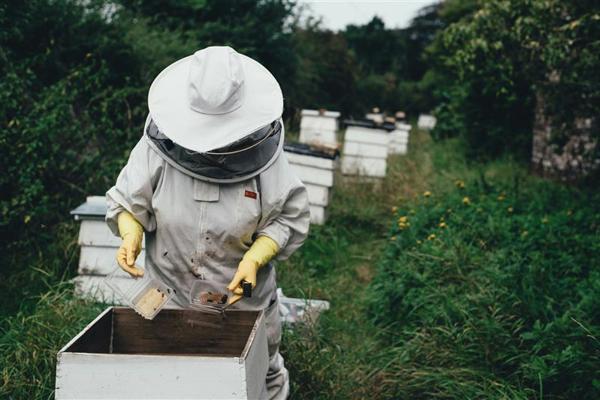Currently, properties rented out in the non-agricultural sector are subject to regulations which ensure that they meet certain minimum standards. In the main, private landlords must register with their Local Authority as Landlords, and Local Authorities have powers to intervene if rented properties do not meet this required standard: known as the Repairing Standard (RS).
To meet the RS, Landlords must ensure the following:-
1. that properties are wind and watertight;
2. that the exterior of any rented property, including the drains, gutters and external pipework must be in a reasonable state of repair and working order;
3. that any apparatus used in a rented property for the supply of water, gas, electricity, sanitation and heating must be in a reasonable state of repair and working order;
4. that all fixtures, fittings and appliances provided by the Landlord in a rented property must be in a reasonable state of repair and in proper working order;
5. that all furnishings provided by the Landlord in the rented property must be capable of being used safely and for the purpose for which they are designed;
6. that there must be a satisfactory mechanism in the rented property for detecting fires and providing a warning to the occupants in the event of fire or suspected fire; and
7. there must be a satisfactory mechanism in the rented property for warnings to be given to the occupants if carbon monoxide is present in a concentration which is hazardous to health.
As well as the RS there is a lower standard for property called the Tolerable Standard (TS). This is a very basic standard that all houses should meet, including those in agricultural tenancies. However to give you a flavour of the standard to which I am referring, accommodation which is below the TS is not acceptable as living accommodation and Local Authorities have a duty to ensure that properties which do not meet this standard are closed, demolished or brought up to the RS.
The issue that the TFC is trying to address with this new legislative change proposed for 2019 is that housing on agricultural holdings, including ‘tied housing’, rented crofts and small landholdings rented to people under an agricultural tenancy, is currently not required to meet the RS. These rented properties are currently treated like any other items of fixed equipment (as defined in the Agricultural Holdings (Scotland) Act 1991). This means that in most agricultural tenancies the Landlord is responsible for replacing and renewing parts of the house which have worn out through fair wear and tear, but otherwise the Tenant is responsible for repairs and maintenance.
In some cases, post-lease agreements have transferred responsibility for replacement and renewal of fixed equipment in secure tenancies to the Tenant and in these cases such responsibilities include those in relation to the farmhouse.
As well as the above there are other points to consider. For example, where a Tenant is letting out property to an employee as a separate sub-lease, for example a cottage on the farm, then this property will be subject to the RS. It is important for the Landlord of the agricultural tenancy to make the Tenant aware of this, because there can be an assumption that the Landlord of the agricultural tenancy also has landlord’s responsibilities in relation to any sub-leases.
The result of the current position is that there is:
(i) a lack of a common approach to repairs and maintenance of these properties resulting in many properties being left in in very poor condition and
(ii) a lack of clarity about who is responsible for repairs and maintenance.
The TFC hopes that, by introducing the RS to agricultural properties, clarity will be provided in relation to the roles of the Landlord and Tenant in maintaining these properties.
Although the legislation will be introduced this year, the TFC has advised that the deadline for tenant housing in agricultural holdings to meet the RS will be 2027. It is envisaged that these changes will lead to some difficult discussions between Landlords and Tenants. The legislation will put the onus for any work required on the Landlord, and until the legislation has been enacted it will not be clear what the changes will mean in situations where there are post-lease agreements transferring responsibilities to the Tenant.
There is ample scope for disagreement about whether necessary works are required because of the Landlord’s failure to renew or replace or the Tenant’s failure to maintain.
Scottish Ministers have however made it clear that they expect these complexities to be addressed. A summit on this issue was held in October 2018, where it was clear that all involved in the agricultural holdings sector need to assist in the creation of a sensible way forward that will respect the legislation and be fair to both Landlords and Tenants.


